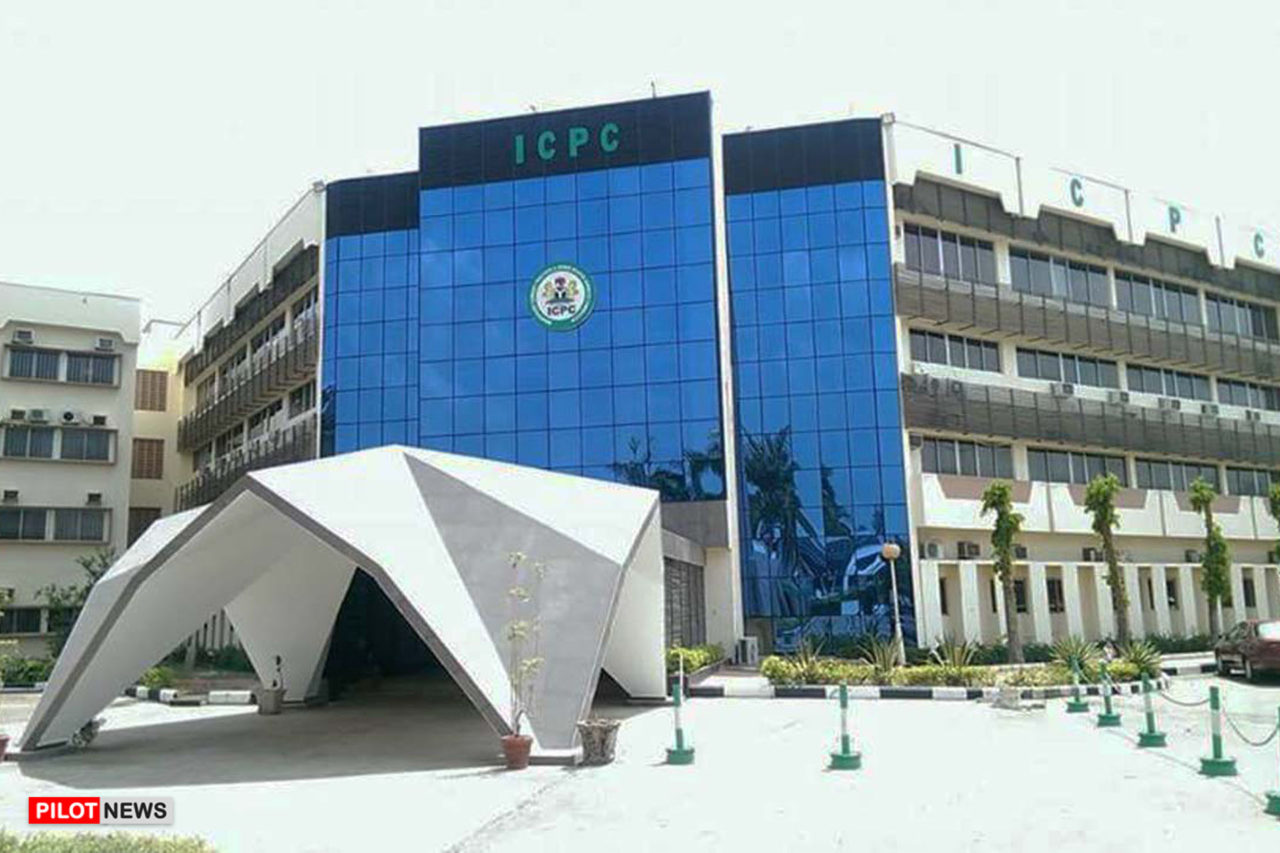The Independent Corrupt Practices and Other Related Offences Commission (ICPC) and the Department of Security Services (DSS) have arrested 48 individuals for their alleged illegalities in the conducts of the Joint Universities Preliminary Examinations Board (JUPEB).
JUPEB is an advanced level educational examination that qualifies its candidate for admission into 200 level in any Nigerian and foreign universities through direct entry. It is coordinated by the University of Lagos and has up to 10 accredited universities.
The operation was simultaneously carried out by the operatives of ICPC and DSS in seven states after extensive monitoring of tutorial schools allegedly known for notoriously compromising JUPEB examinations. This has led to the arrest of the President of Tutorial School Owners (ATSO).
The joint operation tagged ‘Operation Combo’ conducted in collaboration with the Ministry of Education, led to the arrests of lecturers, security officers, workers and students from some of the participating universities in the exam.
The operation, a consequence of a sustained period of surveillance and undercover investigations spanning several weeks, led to multiple arrests of suspects including parents of candidates of the exam.
The suspects were arrested from Wellspring University, Benin, Edo State; Christopher University, Mowe, Ogun State and Crown-Hill University, Ilorin, Kwara State. Again the raid of tutorial centres by operatives in McPherson and Precious Cornerstone universities in Ibadan and Ilara-Epe, in Oyo State respectively, led to more arrests of suspects.
Three current Vice-Chancellors have been invited by ICPC for their roles in the unchecked and massive malpractices reported.
It was learnt that candidates, who are mostly minors, allegedly paid between N350, 000 to N500, 000 each to the suspects in the various tutorial schools to engage in the illegalities.
It was also revealed that syndicated social media platforms were created by the facilitators for leaking questions and circulating answers to students for a fee during examinations.
The cartel, in connivance with the coordinators of the examination centres and other management staff of the institutions, deliberately allowed security lapses to enable the candidates go into examination halls with smart-phones and other electronic devices to send question papers to waiting groups online and subsequently, receive answers to questions thereby engaging in massive malpractices.
Some of the suspects arrested have been granted administrative bail while investigation is on-going.


